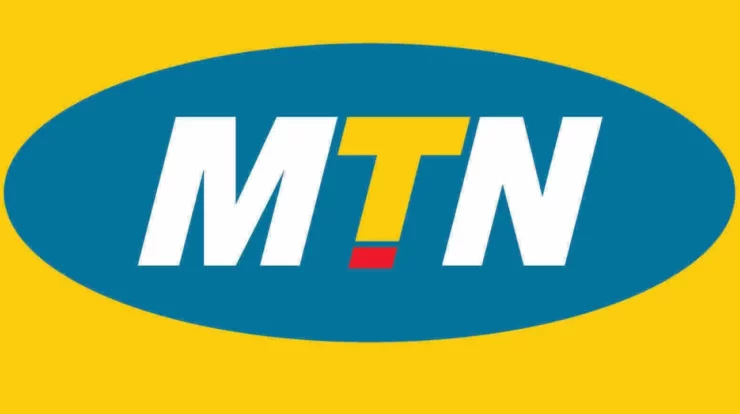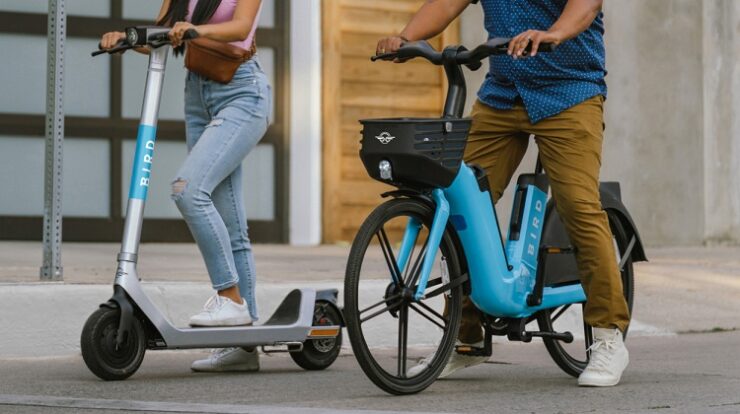
In Brazil’s Favelas, Esports Is an Unlikely Source of Hope
Dexter was struggling to make ends meet. His wife has a kidney problem and does hemodialysis. In September 2019, he posted on Twitter “asking for help to get a health insurance plan for my wife because with the salary I was earning I could not pay,” he says. “Some people in the Fortnite community got together and helped.” He signed with Zero Gravity to improve the quality of his streams and for the visibility he could gain in the Fortnite community.
“Zero Gravity came into my life to give the support I needed—they pay my wife’s medical insurance, they pay my salary, and I follow several rules—I have hours of mandatory video production per month. But they gave me the first chance at esports, they gave me a computer—I [previously] played on a PS4 and a stained TV—so I could work,” says Dexter.
The challenges he faced are not uncommon for people living in poor communities. “I guess that’s the difficult part,” Dexter says, of buying equipment. For those who live in the favela, it’s an expensive purchase and one that often takes a lot of time to achieve. “For us, from the favela, everything is more difficult to achieve things.”
But, he says, “the will to dedicate, to want more and more is our differential, we want to win and show the world that the favela—and favela dwellers—can get where the asphalt people already are.”
Because of such economic and social situations, some initiatives seek to mitigate these problems, or at least give hope to young athletes.
Initiatives and Competition: Championship for Change
Zero Gravity was founded in 2019 by Glauber Molinari and his wife, Hanna Rocha. Their aim was to be just like every other esports team, except for one thing: “We only hire young slum dwellers and those of low income,” Molinari explains. “We realized that in the competitive scene there was a bubble that did not allow low-income young people to enter esports head-on. So, we decided that our organization would be a social project.”
Level Up with the Games Newsletter
Sign up for the latest gaming tips, reviews, and features, in your inbox every week.
With the idea of investing in players, Molinari decided to support another project at the end of last year that aimed to promote esports in the Brazilian favelas—the Favelas Cup (Copa das Favelas).
Organized by Rocketz, a computer and accessories trading company, Matiz, an events company, and the people behind PerifaCon, an annual event for the favelas, the Favelas Cup hosted 12 teams from all over the country to compete in the game Free Fire. More than 120,000 people watched the event live.
“I looked for one of the managers of the Cup in order to try to sponsor it by giving the MVP of the championship a place as a professional Free Fire player,” Molinari says, adding that it was “certainly one of the best partnerships we have made.” Almost at the same time Favelas Cup was being held, another major favela-centered esports event, the Favelas Bowl (Taça das Favelas), organized by CUFA, was taking place.
The Favelas Bowl has existed for more than 10 years, but with football as the game of choice, not esports. “With the pandemic, it was no longer possible to do the competition. So we decided to go another way, bet on another type of sport, but that had much adherence to the favela and could fill a gap,” says Marcus Atahyde, director of the Free Fire Favelas Bowl and also director of innovation at CUFA.
Over 50,000 people signed up for the Favelas Bowl, from more than 100 favelas across Brazil, in a competition designed “to show the power of the favela, the quality of the teams and players,” says Athayde. “So we break this paradigm and show that we also have talent in the favela in any kind of game.”
Tech
via Wired https://ift.tt/2uc60ci






